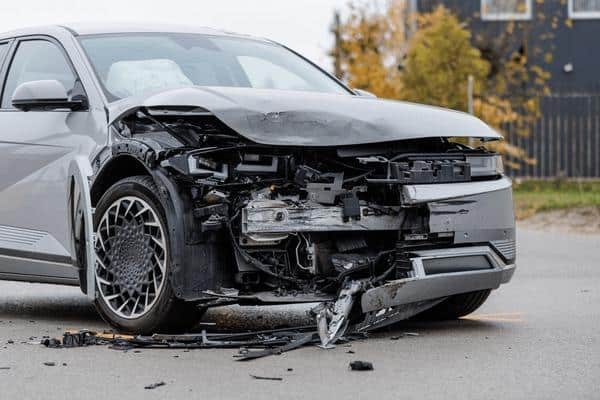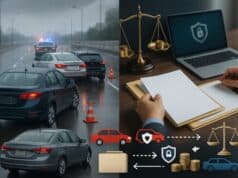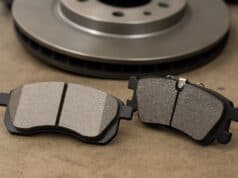
Clearwater, known for its stunning beaches and bustling coastal roads, is a hub of activity year-round. However, with increased traffic comes the unfortunate risk of car accidents. Whether it’s a fender-bender on Gulf-to-Bay Boulevard or a more serious collision on U.S. 19, knowing what to do in the aftermath is essential. One of the most critical steps is collecting evidence at the scene. This information can make all the difference when filing a claim or seeking compensation. For those unsure of what to gather or how to protect their rights, consulting experienced Clearwater car accident lawyers can provide valuable guidance.
Prioritize Safety First
Before gathering evidence, make sure the scene is safe. Move vehicles to the side of the road if they are drivable, and turn on hazard lights. Check for injuries and call 911 immediately if anyone is hurt. Even if the accident seems minor, it’s crucial to notify law enforcement so that an official report is generated.
Take Photos of Everything
Photographs offer powerful, objective evidence. Use your phone to document the entire scene from multiple angles. Include wide shots that show the position of the vehicles, street signs, skid marks, and road conditions. Zoom in for close-ups of vehicle damage, debris, broken glass, and any visible injuries. Don’t forget to capture license plates and the make and model of all vehicles involved.
Gather Witness Statements
Eyewitnesses can provide an unbiased account of what happened. If anyone saw the accident occur, ask for their contact information. If they’re willing, get a short written or recorded statement on the spot. These statements can be very useful, especially if the other driver disputes fault.
Exchange Information Properly
Make sure to exchange names, addresses, phone numbers, driver’s license details, and insurance information with all involved parties. Avoid discussing fault at the scene. Keep the conversation factual and courteous. If police are on-site, they’ll gather much of this information, but it’s wise to have a personal record too.
Obtain a Police Report
An official police report can carry significant weight in your case. Ask the responding officer for a copy or the report number and the agency’s contact details so you can obtain one later. This document typically includes the officer’s observations, the names of those involved, witness information, and sometimes even a preliminary assessment of fault.
Document Injuries and Medical Care
Even if you don’t feel hurt right away, symptoms can appear hours or days later. Visit a doctor as soon as possible and keep detailed records of medical visits, diagnoses, treatments, and any related expenses. Take photos of your injuries over time to show the progression or severity.
Save All Receipts and Bills
Keep copies of all expenses related to the accident. This includes medical bills, vehicle repairs, rental car costs, and lost wages if the accident caused you to miss work. These financial records help paint a full picture of the damages incurred and support your claim for compensation.
Don’t Post on Social Media
It’s natural to want to update friends and family after a traumatic event, but posts on social media can harm your case. Insurance adjusters and attorneys often review online content for inconsistencies. Avoid discussing the accident or your injuries online until the case is resolved.
Work with Legal Professionals
Even if you gather strong evidence, the legal process can still be overwhelming. Experienced attorneys understand how to use that evidence to build a compelling case. They can also deal with insurance companies, negotiate settlements, and advocate for your rights in court if needed.
Final Thoughts
Being involved in a car accident can be chaotic and stressful, but collecting the right evidence can protect your interests and improve your chances of a successful claim. If you’re unsure of what to do or if the other party is uncooperative, don’t hesitate to consult legal professionals. With the support of knowledgeable Clearwater car accident lawyers, you can focus on healing while they handle the legal complexities.





